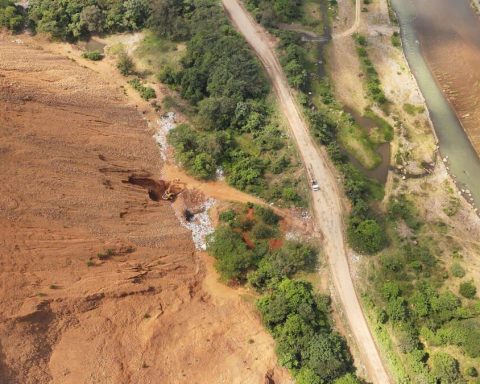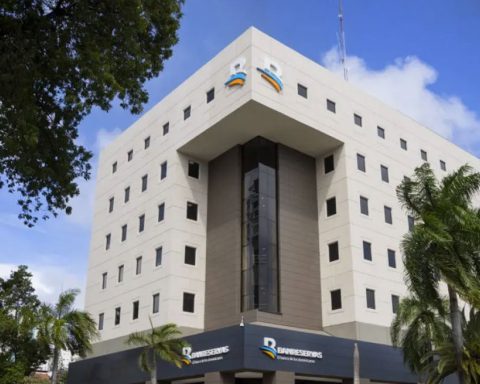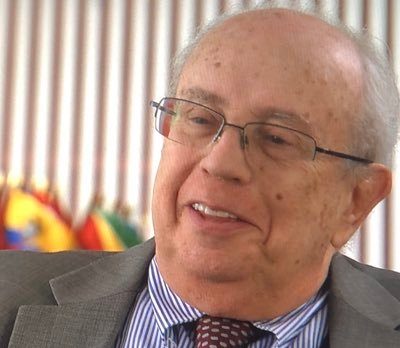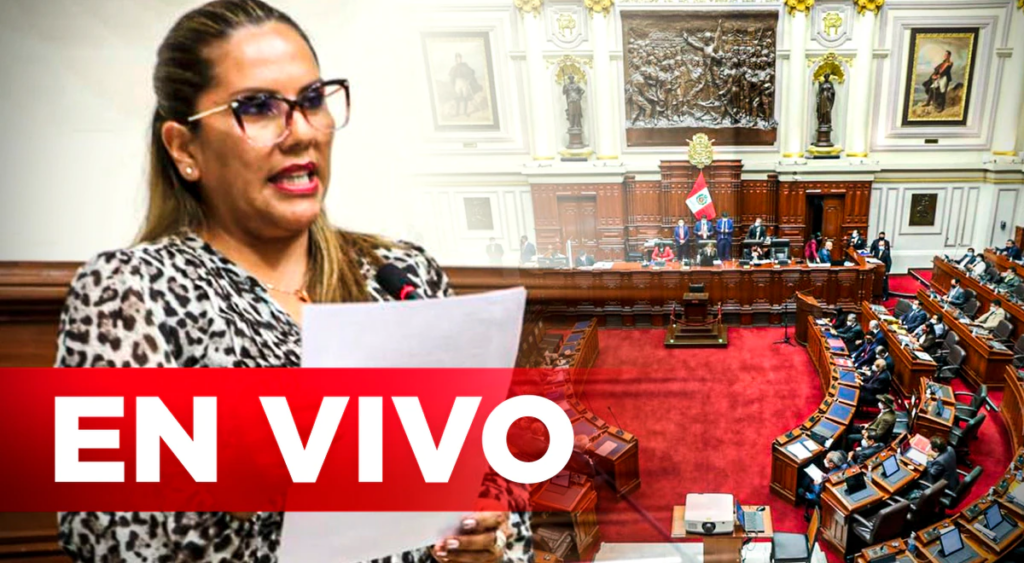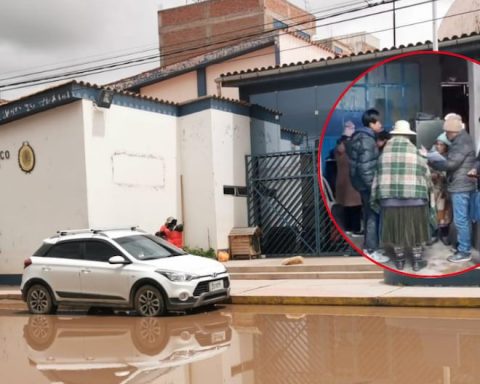Lima, (EFE) – The Secretary of State of the United States, Antony Blinken, announced this Thursday that his country will allocate another 240 million dollars in humanitarian aid so that the countries of the continent assist and welcome the immigrants that pass through its territory, as well as to reinforce its borders.
The leader of US diplomacy made his announcement public during a ministerial meeting on immigration that takes place in parallel to the General Assembly of the Organization of American States (OAS), held in Lima.
“The United States will deliver a new $240 million in bilateral humanitarian aid to help receive and meet the needs of immigrants and refugees in the region,” the secretary told representatives from different countries.
Blinken explained that these resources will be used for health, shelter and education services, but also to reinforce the borders and the persecution of human traffickers.
“This support will help host communities to better integrate the migrant population,” he said.
The US Secretary of State also called for “working together” to address the root causes of migration, among which he cited insecurity, lack of economic opportunities, the climate crisis and corruption in the region.
“None of us can meet this challenge alone. But we can if we all work together », she claimed.
The United States convened this meeting to follow up on the migratory declaration of Los Angeles last June, in which twenty American countries promised to curb migratory flows.
Washington’s objective is that the countries of transit for migrants and refugees welcome these people so that they do not reach the United States border, which registers record numbers of undocumented immigrants crossing.
Blinken gave as an example the cases of Colombia and Peru, which have received 2.4 million and 1.3 million Venezuelan refugees, respectively.
For his part, the Foreign Minister of Peru, César Landa, host of the meeting, agreed with Blinken that the migration crisis must be addressed “with a welcoming spirit and promoting the integration of migrants in our societies.”
However, Landa admitted that “many times reception capacities have been exceeded”, for which he underlined the importance of international cooperation.




